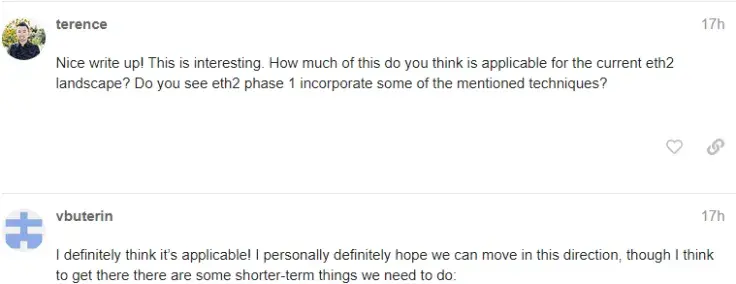A 51% attack can be very harmful for a blockchain as it totally prevents new transactions from gaining confirmations and can stop payments between some or all users. Vitalik Buterin of Ethereum Foundation suggests that this issue may be solved by timeliness detectors.
When time is money
A new concept proposed by Mr. Buterin addresses three challenges since it allows active blockchain clients to come to an agreement over three questions of crucial importance. Namely, they will know:
- whether or not a “sufficiently bad” 51% attack has occurred
- what is the “correct” chain to converge on, and
- which validators are to “blame” for the attack.
This analysis will be conducted through a network of randomly picked attesters. They will check the timestamps of every block and find whether or not it came 'on time'. So, only blocks arriving 'on time' will be re-broadcast to the mainnet with the signatures of attestors.
Also, such concepts of timeliness detectors will eliminate the possibility of imposing censorship on a blockchain. Any part of a blockchain that rejects the 'fair' blocks will not be supported by clients:
This is easy: if a block with self-declared time t is timely chain that does not include that block (...) before [deadline] is automatically ruled non-canonical.
Is it good for Ethereum (ETH) 2.0?
Mostly, the community of Ethereum (ETH) researchers appreciated this concept. Some of them even asked whether the proposed techniques would be suitable for initial phases of Ethereum 2.0, the Proof-of-Stake version of the Ethereum protocol that is going to be rolled out in 2020.
Vitalik Buterin says that it is possible and he personally hopes development efforts will move 'in this direction'.

Thus, maybe, Ethereum 2.0 Phase 1, which may be launched as soon as Q2, 2020, will be the first implementation of the new attack-resistance concept.




 Dan Burgin
Dan Burgin Vladislav Sopov
Vladislav Sopov